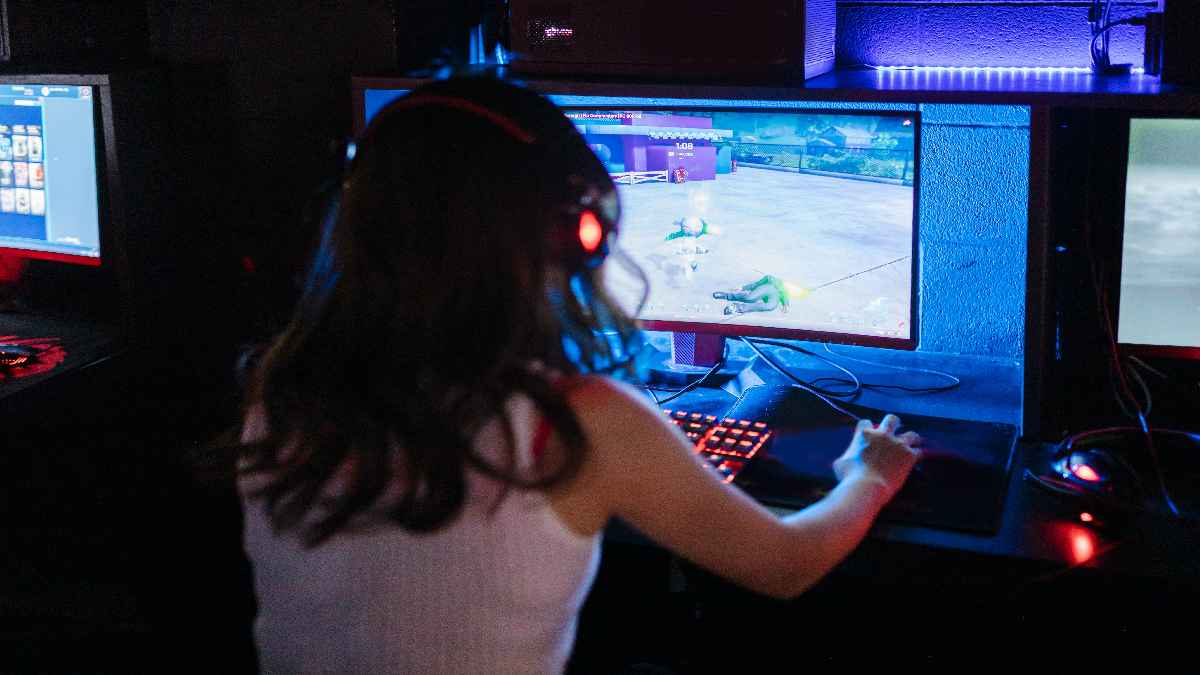Things You Need to Consider When Building a Gaming PC
Building a gaming PC from scratch is the only sure-fire way to ensure that your system is capable of satisfying all of your personal preferences. When you determine everything that goes into your PC from the power supply up, you know that you’ll be able to play the games you want at the frame rates you want. Shop at Bravo Electro, if you’re looking for power supplies that you can trust to keep your operation running smoothly. In addition, a home-built PC keeps the door open for upgrades — as technology changes, as your gaming tastes and needs change, or as your budget allows.

Though building a PC can seem intimidating, you might find that it’s easier than you think, especially when broken into manageable steps. That’s why we’ve put together this comprehensive step-by-step guide to building your first gaming PC, complete with tips and tricks from our veteran builders
1. Processor CPU
Also known as the CPU or processor, the central processing unit is by far among the first things to think about when building a gaming PC. If your computer was the body, the CPU would be the central nervous system. It processes information and instructs hardware or software components in your computer on what to do; based on the said set of data. If you want to get the best of modern games that involve huge volumes of data, you will need a decent processor.
Well, there are many different types of processors, but two unbeatable giants. These are Intel and AMD. Intel processors tend to offer decent single-core performance, while AMD processors boast excellent multi-core performance for those who love multitasking. The latter is also more affordable, and thus preferred by entry-level gamers overall.
Nonetheless, each of the two has different types of CPUs in the market, based on speed, cores, and threads. These specifications will largely determine your computer’s performance when gaming, thus the overall experience. Therefore, make sure to grab a processor powerful enough to meet your needs.
2. The Motherboard
Once you have decided which processor to use, the next important thing to consider is the motherboard. It is among the most important computer components for gaming because the printed circuit board literally forms the body of your entire rig. Components such as the processor, hard drives, graphics cards, sound cards, and so forth will all depend on the motherboard to perform their functions. This means that the motherboard you get will have a huge impact on your gameplay experience.
When choosing a motherboard, you will need to put a few things in mind. Some of the most important considerations include the following:
- Processor socket compatibility
- PCI and PCI-e slots
- Number and type of RAM slots
- Motherboard manufacturers (Asus, Gigabyte, AsRock, and MSI come highly recommended)
- Size and expandability
- SATA ports and connectors (type and number)
- Overclocking abilities
- Networking ports and support
- Ports for external connections and peripherals
3. RAM
Next, you will need to equip your rig with the appropriate RAM for your gaming needs. For smoother and stable performance, it is best to go for more RAM, meaning anything from 8GB and above. Of course, you can start with lower random access memory and upgrade as your needs evolve. This is all the more reason to pick a motherboard with a few extra RAM slots.
Also, make sure to check RAM compatibility with the slots on your motherboard. RAM speed is also a crucial factor to have in mind when approaching the market. In this case, a 1600MHz 8GB RAM can be a good place to start for gaming enthusiasts.
4. GPU
GPU stands for Graphics Processing Unit, often called the graphics card. It is that component on your rig that processes graphic information from your CPU, enabling you to view gaming images on the screen. It also allows you to manipulate resolution and other graphical aspects to your liking via the settings.
From NVIDIA GeForce to AMD, Titan, and GTX, there’s a wide range of options to pick from when purchasing a graphics card. A powerful GPU should be among your priorities if you are looking for a smooth and exciting gaming experience. Among the specifications to look out for include:
- The Clock Speed: When deciding which brand to pick, it is wise to consider the GPU clock speed. It is a measure of the unit’s performance in terms of processing gaming information and other tasks.
- VRAM: A higher VRAM or video RAM allows easy display of multiple 2D and 3D images simultaneously. Some of the latest Nvidia and AMD come with the standard GDDR6 VRAM, so aim for this or higher.

5. Storage
As for storage, this will entirely depend on what other tasks you use your computer for. Here, you will need to choose between HDD and SSD, but the latter is often recommended. In general, a 500GB SSD will do for the avid gamer. If you also use your computer for other tasks apart from gaming, you can aim higher, say 1TB. Otherwise, you can always get an external hard drive for storing large files such as movies and heavy projects.
Lastly, you have to keep your budget in mind, balancing this with your specific needs. Many entry-level gaming PCs will cost you between $300 and $600. Expect to spend a few hundred more on a mid-level. For a high-end PC, the range of $800-$1000 is to be expected. All in all, the amount you spend will depend on your specifications and where you shop for computer parts.